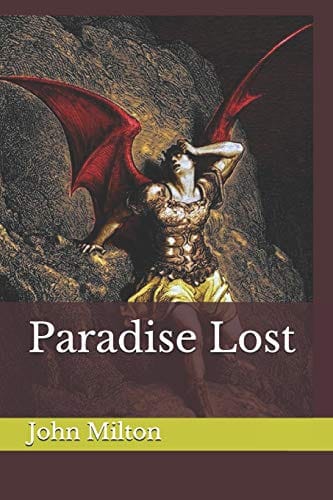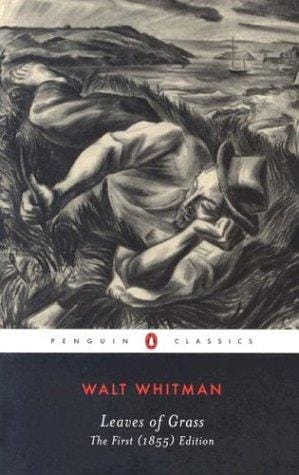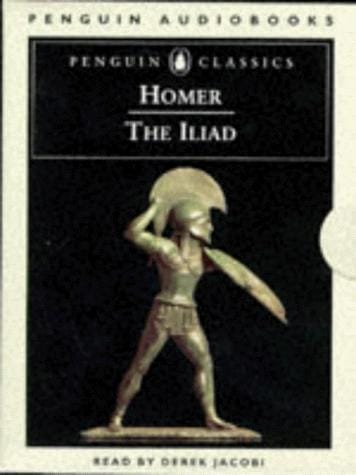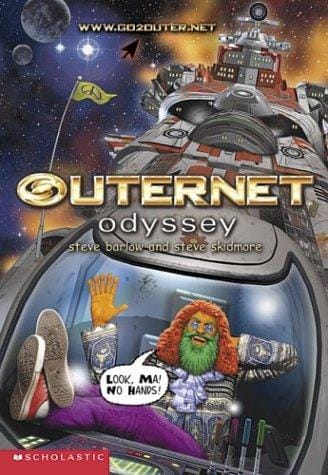Unlocking Milton's Paradise Lost: Themes, Language, and Legacy
An accessible guide to John Milton's Paradise Lost, covering plot highlights, themes, language, and its lasting impact on literature and culture.

Introduction
John Milton’s Paradise Lost, first published in 1667, is widely regarded as the greatest epic poem in the English language. Its twelve books chart the rebellion of Satan, the fall of Adam and Eve, and the promise of redemption through Christ. Yet beyond its grand narrative, the poem is a treasure house of political ideas, theological debate, and linguistic innovation. This article offers an accessible guide to Paradise Lost, highlighting its plot, themes, stylistic brilliance, and enduring significance.
Plot Overview
Paradise Lost opens with Satan and his fallen angels cast into the burning lake of Hell after their failed revolt against God. Unbowed, Satan vows to corrupt the newly created world and escapes through chaotic space to Eden. Disguised as a serpent, he infiltrates the Garden and persuades Eve—then Adam—to eat the forbidden fruit from the Tree of Knowledge. Their disobedience brings mortality, pain, and exile, but also a glimpse of eventual salvation promised by the “greater Man” who will restore humankind. The poem balances vast cosmic scenes with intimate domestic moments, shifting from the councils of devils in Pandemonium to the tender grief of the first couple. Through this structure Milton dramatizes the universal consequences of individual choice.
Major Themes
At the core of Paradise Lost lies the tension between free will and obedience. Milton repeatedly asserts that genuine love of God must be voluntary, yet he exposes how reason can be clouded by pride and desire. The poem also grapples with authority and rebellion, reflecting the tumultuous politics of seventeenth-century England, where Milton himself defended republican ideals. Gender roles emerge through Adam’s intellectual leadership and Eve’s quest for autonomy, prompting debates about hierarchy versus mutual dependence. Another vital theme is theodicy: Milton seeks to “justify the ways of God to men,” arguing that evil results not from divine caprice but from creatures who misuse freedom. Finally, the work contemplates loss—of innocence, paradise, and harmony—while insisting that hope and spiritual progress remain possible.
Language and Style
Milton’s language is deliberately grand yet surprisingly fluid. He composes in unrhymed iambic pentameter, or blank verse, allowing sentences to cascade across lines in long, Latinate periods. This syntactic complexity mirrors the moral complexity of his subject, drawing readers into winding arguments before delivering a thunderous conclusion. Milton amplifies his epic scale through allusions to Homer, Virgil, and the Bible, while coining unforgettable phrases such as “darkness visible” and “the mind is its own place.” Vivid sensory imagery—sulphurous fumes, crystal pavement, emerald bowers—ensures that celestial and infernal landscapes feel tangible. The poem’s sounds, driven by carefully placed stresses and vowel music, make it rewarding to read aloud.
Theology and Cosmology
Paradise Lost presents a hierarchical universe with God the Father enthroned in Empyrean light, the Son acting as mediator, and the Holy Spirit pervading all of creation. Below Heaven lies the newly forged cosmos—a vast globe surrounded by opaque Chaos—while Hell occupies its own fiery cavern. Although Milton adheres to orthodox Trinitarian language, he simultaneously advances heterodox views, portraying the Son as begotten in time rather than eternally co-equal. His angels are corporeal yet spiritual, capable of reason, appetite, and even heroic warfare. By visualizing invisible doctrines, Milton invites readers to ponder abstract theology through concrete narrative.
Historical Context
Understanding Milton’s biography deepens appreciation of the epic. A scholar, pamphleteer, and government official for Oliver Cromwell, he witnessed civil war, regicide, and the restoration of the monarchy. Paradise Lost was composed after Milton lost his sight and political influence, forcing him to dictate the poem to amanuenses. His personal hardships inform the poem’s meditation on suffering and perseverance. The Restoration era’s renewed censorship also shadows the work; Satan’s persuasive rhetoric can be read as both a cautionary warning and a veiled critique of absolute power.
Influence on Literature and Culture
The impact of Paradise Lost on later writers is immeasurable. Romantic poets like William Blake and Percy Bysshe Shelley admired Milton’s rebellious Satan and adopted his elevated diction. Mary Shelley framed Frankenstein with epigraphs from the epic, casting her creature as a modern Adam. In the twentieth century, C. S. Lewis engaged Miltonic cosmology in his science-fiction trilogy, while Philip Pullman’s His Dark Materials reimagines the Fall as an emancipatory act. Visual artists from Gustave Doré to William Blake etched haunting engravings of the poem’s scenes, and composers such as Joseph Haydn and Krzysztof Penderecki translated its drama into oratorio and opera.
Adaptations and Modern Relevance
Beyond the page, Paradise Lost inspires films, graphic novels, and video games that reinterpret the cosmic battle between good and evil. Scholars mine the text for insights into colonialism, environmental ethics, and gender dynamics, proving its adaptability to contemporary debates. The poem’s exploration of self-fashioning resonates in an age preoccupied with identity, while its warnings about charismatic demagogues remain chillingly current.
How to Read Paradise Lost Today
New readers often fear Milton’s archaic diction, but patience pays off. Begin with a reliable annotated edition that glosses unfamiliar words and references. Read the poem aloud in manageable sections, listening for its rhythmic pulse. Keep a Bible or online concordance nearby for tracing allusions, and jot reflections on how characters reason and feel. Approached as both story and argument, the epic becomes remarkably accessible.
Conclusion
Paradoxically intimate and cosmic, Paradise Lost continues to challenge, provoke, and delight readers more than three centuries after its publication. Milton compels us to confront freedom, authority, love, and loss in language of unmatched grandeur. Whether you seek literary beauty, philosophical depth, or a stirring adventure, this monumental poem offers a paradise for the mind that need never be lost.



